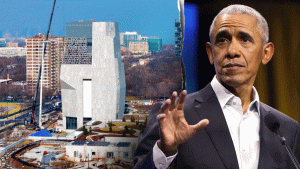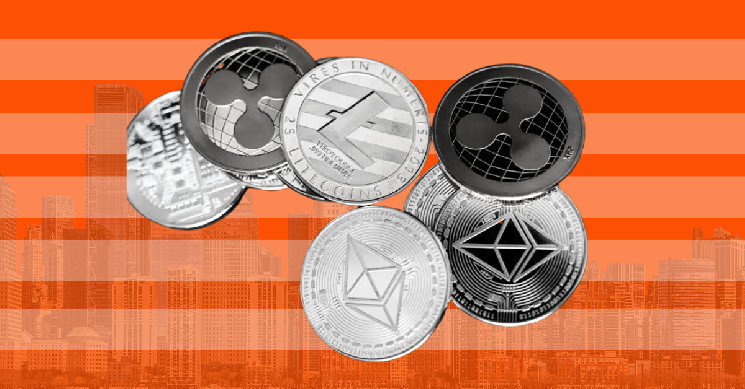The Indian cryptocurrency exchange, CoinDCX, has found itself embroiled in controversy following user reports of difficulties with cryptocurrency withdrawals. Numerous complaints have surfaced on social media platforms, detailing failed Indian Rupee (INR) withdrawals and protracted delays in the resolution of support tickets. Some users claim their withdrawal requests have been pending for weeks, fueling a growing wave of discontent and raising concerns about the platform’s operational transparency and financial stability. This situation underscores the challenges faced by cryptocurrency exchanges in navigating regulatory landscapes and maintaining user trust, particularly in a volatile market susceptible to security breaches and regulatory scrutiny. The lack of clear communication from CoinDCX regarding the reasons behind these withdrawal restrictions has only exacerbated the situation, leaving users in a state of uncertainty and fueling speculation about the platform’s financial health.
The ongoing withdrawal issues have also sparked questions regarding CoinDCX’s Know Your Customer (KYC) procedures. Users are expressing confusion about seemingly inconsistent application of KYC rules and expressing concern that these sudden changes in withdrawal processes might indicate underlying regulatory compliance issues. The lack of clarity surrounding these procedures, coupled with the ongoing withdrawal difficulties, has heightened user anxieties and cast a shadow over the platform’s reputation. In a climate of increasing regulatory scrutiny of cryptocurrency exchanges, transparency and adherence to KYC/AML (Anti-Money Laundering) regulations are crucial for maintaining user trust and ensuring the long-term viability of the platform.
CoinDCX co-founder Sumit Gupta has attempted to address the growing concerns, attributing the withdrawal restrictions to potential regulatory risks. He explained that a complete relaxation of withdrawal restrictions could expose the exchange to the possibility of having its bank accounts frozen by authorities. Gupta further clarified that crypto withdrawals are currently operating on an opt-in basis, implemented in stages. However, his explanation has failed to quell user anxieties due to the absence of a concrete timeline for the full restoration of withdrawal functionality. This lack of a clear roadmap for resolving the issue leaves users in limbo and further contributes to the growing distrust surrounding the platform.
Adding to the complexity of the situation is the looming shadow of the recent WazirX security breach. On July 18th, WazirX, India’s largest cryptocurrency exchange, suffered a devastating hack resulting in the theft of approximately $230 million and impacting an estimated 15 million users. This incident serves as a stark reminder of the inherent vulnerabilities of cryptocurrency exchanges, even those boasting robust security measures. The WazirX hack highlights the critical importance of robust security protocols and the potential for catastrophic consequences when these measures fail.
The WazirX breach saw cybercriminals successfully infiltrate one of the exchange’s primary trading wallets, siphoning off over half of its assets. The stolen funds represent a significant financial loss for investors and underscore the risks associated with storing assets on centralized exchanges. The subsequent laundering of these stolen assets further complicates the situation, raising concerns about the long-term repercussions for affected users and the broader cryptocurrency ecosystem. The WazirX incident serves as a cautionary tale, emphasizing the need for enhanced security measures and greater transparency within the industry.
In the wake of the hack, WazirX took immediate action, freezing all trading and withdrawal activities. This freeze remains in effect as the company continues its investigation into the breach and works to recover the stolen funds. The ongoing suspension of services on WazirX has further heightened anxieties within the Indian cryptocurrency community, contributing to a climate of uncertainty and fueling concerns about the security and stability of cryptocurrency exchanges operating in the country. The incident underscores the need for stronger regulatory oversight and enhanced security measures to protect investors and maintain confidence in the burgeoning cryptocurrency market. This incident has undoubtedly cast a long shadow over the industry, prompting increased scrutiny of security practices and raising questions about the future of cryptocurrency trading in India. The long-term impact of the WazirX hack remains to be seen, but it serves as a critical turning point, highlighting the urgent need for increased security, transparency, and regulatory clarity within the Indian cryptocurrency landscape.















